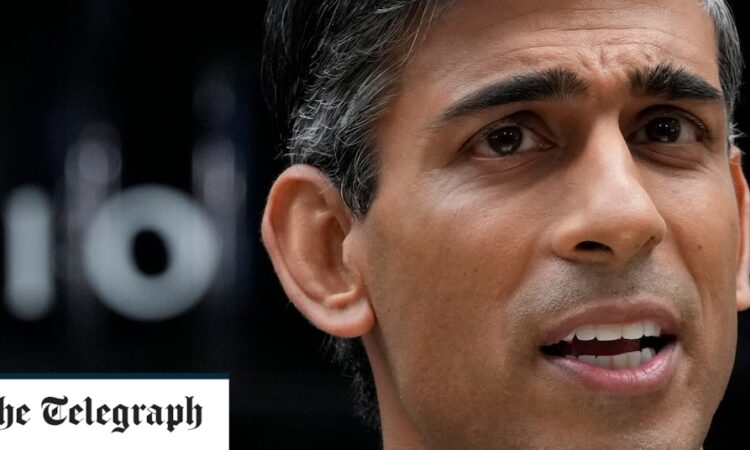
After Johnson bowed out, though, the 10-year yield dropped from 4.2pc to below 3.5pc over less than a week – an astonishing shift in such a short time. The confirmation of Sunak saw the pound rise almost 2pc in a day, touching $1.16 at one stage, its highest since mid-September, prior to the mini-Budget.
For now, global investors seem to favour the “dullness” of promised fiscal consolidation and a Goldman Sachs alumnus in Number Ten over “Trussonomics” – slashing taxation and going for growth. It remains to be seen if the UK’s broader population agrees.
Even with Hunt having dismantled large parts of the Kwarteng/Truss tax-cutting programme, analysts still points to a gaping £40bn annual hole in the public finances. That’s why Sunak and Hunt are right to have moved the upcoming fiscal statement from 31 October to 17 November.
Making this shift demonstrates the Government is back in charge, with ministers, not traders, dictating events. It also avoids holding a tough financial statement on Halloween – which was never a good idea, albeit a headline writer’s dream.
By delaying, and turning the announcement of fiscal plans into a full autumn statement complete with full forecasts from the Office for Budget Responsibility, Sunak and Hunt are trying to bring these weeks of financial turmoil to close, a welcome return to normality.
Crucially, given what we’ve seen since over recent days, the OBR should now be able to use lower projected borrowing costs in its forecasts, reducing annual state spending on debt interest, potentially, by tens of billions of pounds.






